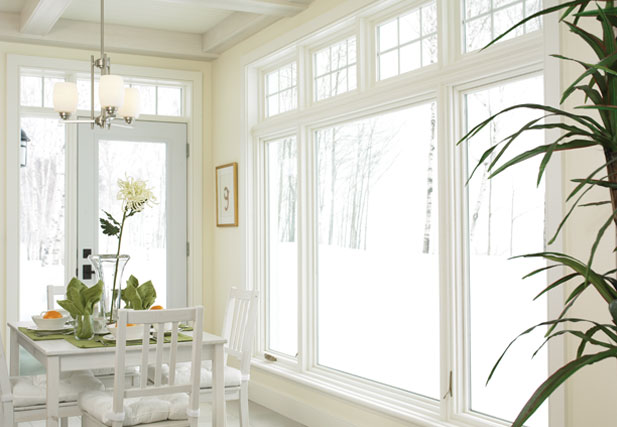Home Improvements are an important step in making sure that your house is ready to stage and sell. Since all homes have different needs, follow this checklist to make sure you covered all the bases for your property.

ENERGY STAR Windows
Paying more for ENERGY STAR certified windows will save you money in the long run. There are also many purchasing incentives and rebates available. Although most houses will benefit from energy efficient windows, the further north you reside, the more you will enjoy the annual savings in heating costs.
Water Saving Toilets
Water conservation is important in today’s eco-conscious world, and water-saving toilets can play a large role in trimming down a home’s water use. While most standard toilets use 3.43 gallons or 13 liters of water per flush, water-saving toilets usually use less than 1.32 gallons or 5 liters.
Water Heater
Traditional water heaters will heat water constantly, but there are various models available that only heat water as needed. Since these work on demand, you will never run out of hot water! And, in most cases, a more energy –efficient system will pay for itself in just one year.
Radiant Heat
Radiant heat is a technology whereby radiant energy is emitted from an element such as the floor or wall. The US Department of Energy estimates that radiant heating is 20 percent more efficient than conventional heating systems and can save you 20 percent per year in heating costs.
Landscaping
A landscaped yard with a garden not only provides great curb appeal and health benefits, it also gives buyers their first impression of a home. If your front yard discourages people before they even view the house, you are in trouble.
Doorless Showers
The doorless shower is the best alternative to the traditional model, and is a design trend that builders and architects mention again and again as something consumers want. Also called walk-in showers the enclosure is popular among aging “Baby Boomers”. Since baths require more water, there are increased numbers of buyers looking for more eco-friendly bathing options.
Cork Floors
As an alternative to tile and wood-plank flooring (which is pricier), low density cork flooring is an effective insulator, does not rot when exposed to water, and does not absorb dust. Premium cork flooring can run about $6.75 per square foot, assuming that you are looking to cover 600 or more square feet.
Bamboo Countertops
Bamboo grows twice as quickly as the fastest growing tree, which makes it a very eco-friendly material. It is significantly harder and denser than other woods (such as maple) when compressed to the thickness required for a countertop, and it is sold in different swatches depending on how much space you need to cover.
Energy Efficient Lighting
As stated on the ENERGY STAR website, qualified Compact Fluorescent Lightbulbs (CFL) use about 75 percent less energy than standard incandescent bulbs and last up to ten times longer. They also save approximately $30 or more in electricity costs over each bulb’s lifetime and produce about 75 percent less heat. This makes them safer to operate and they can reduce energy costs associated with home cooling. Any home improvement store should carry various sizes and shapes to fit in almost any fixture, for indoor and outdoor use.
LED Lighting
Short for light-emitting diode, LED lighting systems use less energy than standard bulbs, which translates into a lower electric bill. LED lights are more expensive than conventional lightbulbs but can pay for themselves over time.
Garage Doors
Nothing dramatically changes tired curb appeal like anew garage door, especially if the garage is a primary focus of your home’s design. It is best to have one that is a little different from the “contractor’s special” found on every house in the neighborhood.
William Hawkins is a retired contractor who recently consulted with Bayside Real Estate in New York on their new condos developments.
Ten Recession-Proof Home Improvements

